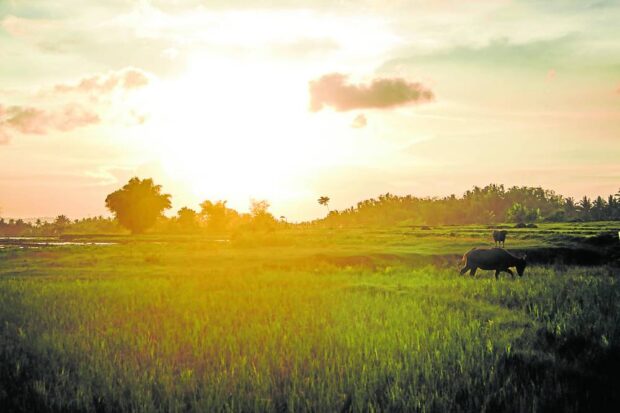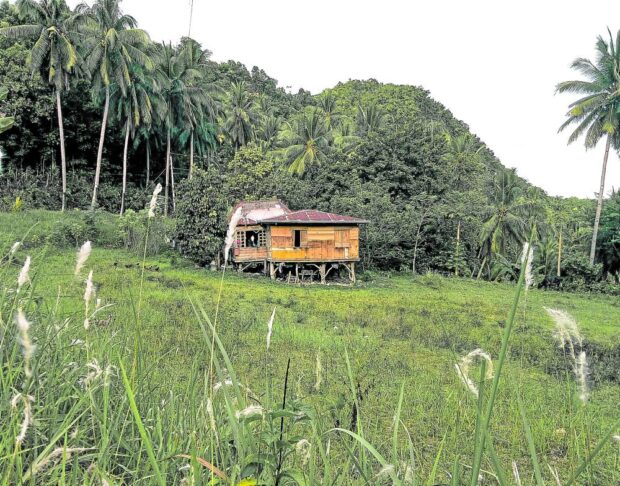The Philippines has 7,107 islands. So why does it sometimes feel like all Filipinos live on just one?
If you nod in agreement, you are probably among the millions living in Metro Manila. Due to the huge population in the metropolis, traffic, pollution, extreme heat and expensive housing are commonplace. While there are short-term solutions to these problems, the most practical way to avoid these is to move away from the metropolis.
Many hesitate, however, to make the move for different reasons—work, family, fear of living the “provincial” way. As a migrant in the province myself, I want to allay your fears about moving to the countryside.
Here are reasons to pack your bags and start a new life outside Metro Manila:
More modern than you think
Many provinces outside Metro Manila are actually capable of providing your modern comforts. If you need strong wi-fi and rely on Siri or Alexa and even mobile application-dependent vehicle services, many provinces today can easily meet your requirements. You may occasionally experience brownouts and water disruptions, but there are sustainable solutions like solar lighting and rainwater collection systems.
Provinces like Iloilo and Davao are scenic destinations with modern city amenities. Adequate street lights, responsive local governments and multilingual locals will allow you to easily adjust and find comfort in “provincial” life. City living can be experienced outside the metropolis sans the traffic, congestion, high crime rates and pollution. It is a great way to start all over.
Rise of new opportunities
If you’re worried about finding a new job or a good school, many companies are actually building offices outside Metro Manila. Places like Laguna and Cavite have techno parks where you can work for international corporations. Business process outsourcing (BPO) companies have set up in areas like Bacolod City, Cebu and Pampanga. If you want to keep your job in the city, you may want to explore a home-based setup.
As for schools, many provinces have international schools, state colleges and private universities that offer quality education at more reasonable prices. Local public schools may offer holistic education, providing activities inside and outside the classroom so students can hone their talents and develop multiple aspects of their intelligence. Many provinces outside Metro Manila are great places to raise a family, in terms of opportunities and environments.
Reasonable cost of living
Unless you choose a prime tourist spot, the cost of living in most provinces is lower than Metro Manila’s. This means you can have a great home, provide your children quality education and indulge in occasional extravagances even on a person’s typical salary. If you aim to maximize your life experiences while minimizing expenses, the “provincial life” may be for you.
The sense of community is also very strong in many provincial neighborhoods. At harvest time or town fiestas, you may receive free produce and meals from your neighbors. If you settle in a home with a wide yard, you can plant your own fruits and vegetables for personal consumption. It is also to get fresh and affordable food from local fishermen, farmers and the markets. You’ll never go hungry.
Emergence of townships
Many developers are now considering places outside Metro Manila. This means more people are investing to make new communities and townships. It’s great news for you if you prefer condominium living or curated spaces. It is also beneficial for everyone in the community because it opens up more opportunities for work, quality homes, commercial spaces and other investments. The local government is encouraged to build better infrastructure and community spaces as investor interest grows. The development of townships will lead to better roads, pedestrian provisions and even parks.
The Filipino “provincial” life offers exciting and exceptional opportunities. Our provinces are not sleepy nor boring. With gorgeous landscapes, healthy environments and growing opportunities, it is time to consider moving to the provinces in pursuit of a better life.
Sources:
Gerald Jake Abangan, Jeff Guab, Tirachard Kumantonom, Janssen Panizales via Pexels.com



